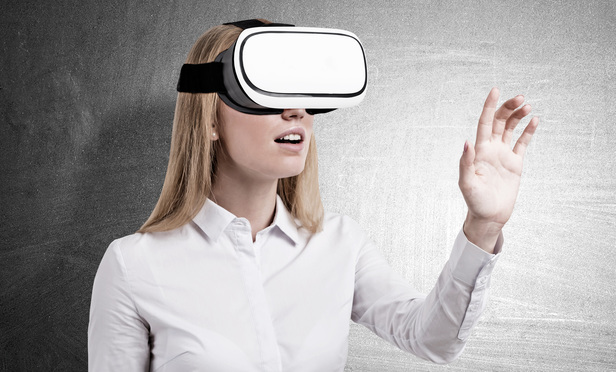While recently launched virtual and augmented reality platforms like Oculus Rift or PokÉmon Go are feats of modern innovation and engineering, these technologies are themselves not wholly unconnected to the world they seek to transform or supplement. And like every nascent and quickly developing technology, neither are they free of laws governing intellectual property (IP).
With so much yet unknown about their future, virtual and augmented reality platforms may yet run into complex legal dilemmas involving IP rights and ownership. Here are three ways in which these issues may manifest in the years to come.
This content has been archived. It is available through our partners, LexisNexis® and Bloomberg Law.
To view this content, please continue to their sites.
Not a Lexis Subscriber?
Subscribe Now
Not a Bloomberg Law Subscriber?
Subscribe Now
LexisNexis® and Bloomberg Law are third party online distributors of the broad collection of current and archived versions of ALM's legal news publications. LexisNexis® and Bloomberg Law customers are able to access and use ALM's content, including content from the National Law Journal, The American Lawyer, Legaltech News, The New York Law Journal, and Corporate Counsel, as well as other sources of legal information.
For questions call 1-877-256-2472 or contact us at [email protected]



